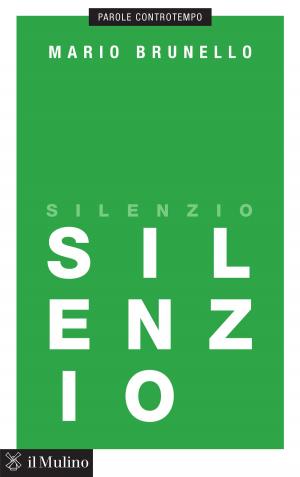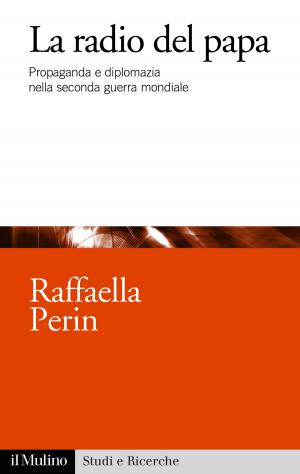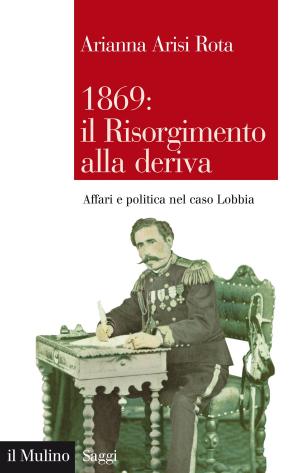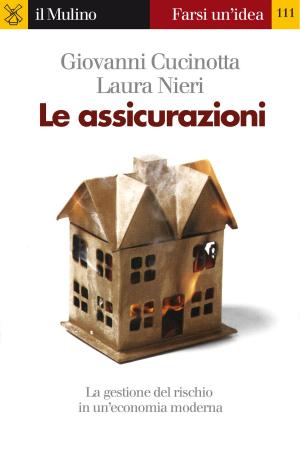The Ghost of Bancor
Essays on the Crisis, Europe and the Global Monetary Order
Business & Finance, Accounting, Financial, Economics, International| Author: | Tommaso, Padoa-Schioppa | ISBN: | 9788815333995 |
| Publisher: | Società editrice il Mulino, Spa | Publication: | January 12, 2017 |
| Imprint: | Società editrice il Mulino | Language: | Italian |
| Author: | Tommaso, Padoa-Schioppa |
| ISBN: | 9788815333995 |
| Publisher: | Società editrice il Mulino, Spa |
| Publication: | January 12, 2017 |
| Imprint: | Società editrice il Mulino |
| Language: | Italian |
Tommaso Padoa-Schioppa’s last essays, written between 2008 and 2010, focus on two main topics. On one side, the author investigates the underlying flaws and the root-causes of the economic and financial crisis that started in 2007, arguing for the necessity of a new international monetary order and a new global standard: ‘Murdered in Bretton Woods over 70 years ago, Bancor has returned to claim his due.’ On the other side, the volume deals with the destiny of Europe and the single currency, on the assumption that ‘the Euro remains on the right side of history,’ but emphasizing with growing alarm the absence of a governing power in the EU parallel to and complementing the monetary union. In this regard, Padoa-Schioppa highlights the inadequacy of the ideologies thinking merely in terms of ‘House in Order,’ judging them as ineffectual and a potential trigger of new forms of nationalism. Limiting sovereignty to the sole national level, as the prevailing ideology still argues, is intellectually inconsistent and practically ineffective. The different ‘public goods’ – e.g. health care, defense and security, environmental protection, global macroeconomic and financial stability – can indeed be best provided, and should consequently be pursued, by a body operating at the specific level where each of these goods can be more efficiently achieved: be it the local or the regional authority, the national government, the European Union or the global institutions.
Tommaso Padoa-Schioppa’s last essays, written between 2008 and 2010, focus on two main topics. On one side, the author investigates the underlying flaws and the root-causes of the economic and financial crisis that started in 2007, arguing for the necessity of a new international monetary order and a new global standard: ‘Murdered in Bretton Woods over 70 years ago, Bancor has returned to claim his due.’ On the other side, the volume deals with the destiny of Europe and the single currency, on the assumption that ‘the Euro remains on the right side of history,’ but emphasizing with growing alarm the absence of a governing power in the EU parallel to and complementing the monetary union. In this regard, Padoa-Schioppa highlights the inadequacy of the ideologies thinking merely in terms of ‘House in Order,’ judging them as ineffectual and a potential trigger of new forms of nationalism. Limiting sovereignty to the sole national level, as the prevailing ideology still argues, is intellectually inconsistent and practically ineffective. The different ‘public goods’ – e.g. health care, defense and security, environmental protection, global macroeconomic and financial stability – can indeed be best provided, and should consequently be pursued, by a body operating at the specific level where each of these goods can be more efficiently achieved: be it the local or the regional authority, the national government, the European Union or the global institutions.















